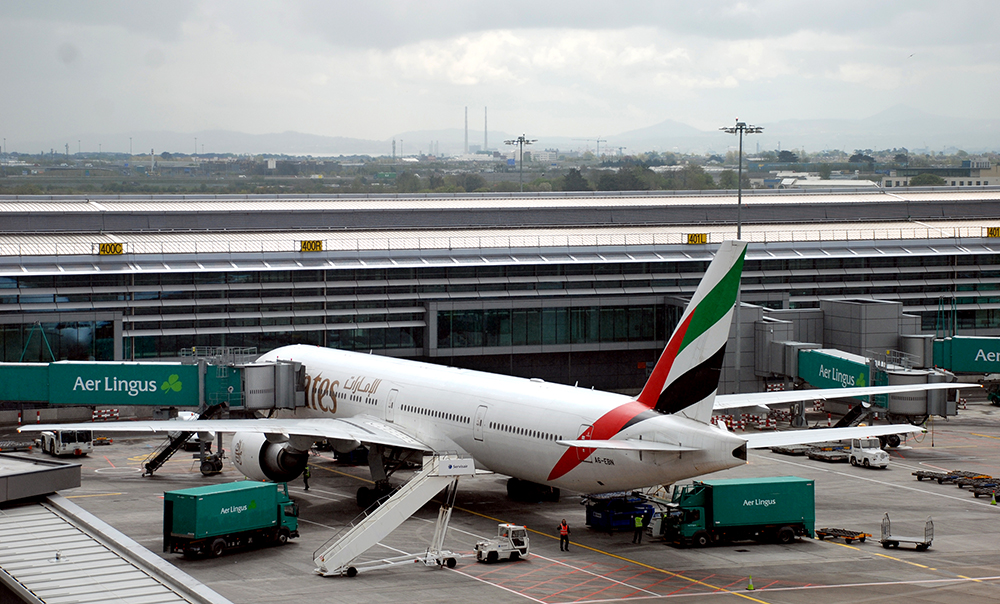
daa, the operator of Dublin and Cork airports, has welcomed the adoption by the European Parliament of a new a deal which aims to increase the production of Sustainable Aviation Fuel (SAF), bring down prices and set binding targets for airlines in Europe regarding their use of sustainable aviation fuels.
The decision to adopt the ReFuelEU Aviation Regulation is an important step towards decarbonizing the aviation ecosystem in the short-term.
EU rules state that fuel suppliers must ensure that SAF accounts for 2% of fuel made available at airports in the EU by 2025, rising to 6% in 2030, 20% in 2035 and 70% in 2050.
According to Andrea Carroll, Group Head of Sustainability at daa: "There's a willingness amongst airlines to use SAF, but there currently isn't enough of it available, leading to prices being higher for SAF than for conventional, less-sustainable aviation fuels. The ReFuelEU Aviation Regulation is an important step towards reducing the aviation industry's carbon footprint which can have a notable impact in the very near term. We're fully committed to reducing overall carbon emissions at Dublin and Cork airports, and are able to fully facilitate SAF once there is demand and availability. daa is ready to facilitate the increased transition to SAF and we are working hard with airlines and all relevant stakeholders at both airports to meet our Net Zero 2050 targets ahead of time."
daa recently announced proposals for new sustainability measures to incentivise airlines to operate lower CO₂ emission aircraft at Dublin Airport. Under the new proposed incentive scheme, a low emissions discount will apply to Dublin Airport’s ultra-low cost aeronautical charges, the lowest of any capital city airport in Europe and the airport operator, daa, will charge airlines who fly high emission aircraft more.
